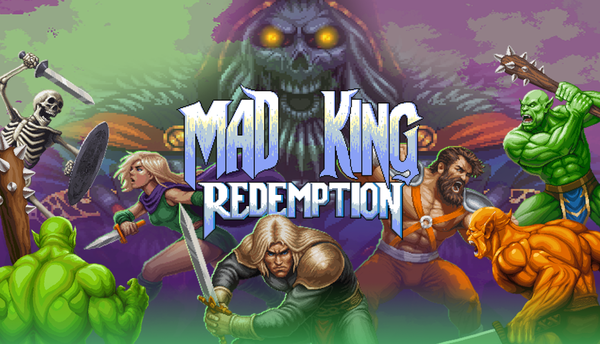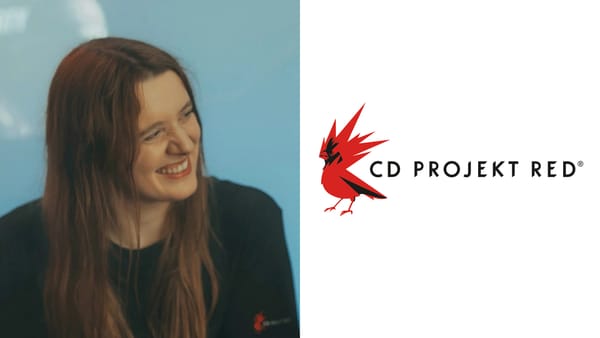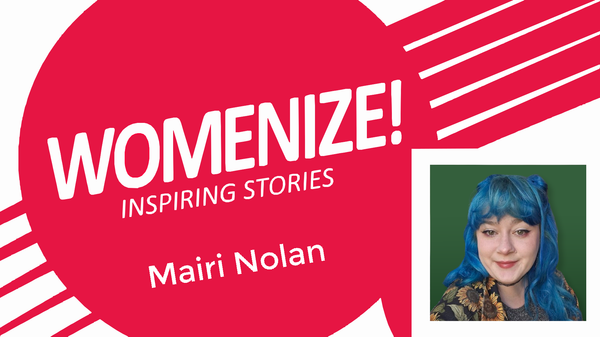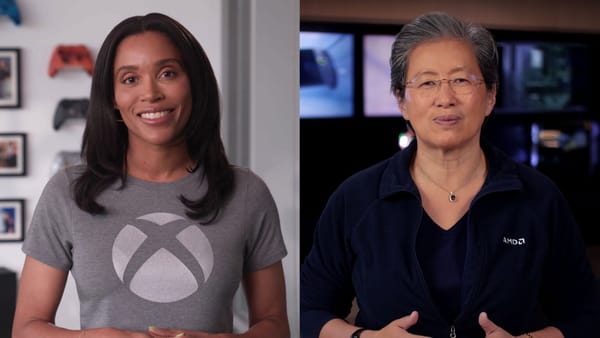How to Secure Federal R&D Tax Incentives for Your Games




Game development in Germany can be eligible for the German Federal R&D Tax Incentive ("Forschungszulage"). In his guest article, Ayming's Director Sales & Marketing Marcel Hallas explains how studios can prepare to apply for the incentive and how the application process works.
The games industry has always been a driver of technological innovation. Whether new graphics engines, AI-powered animations, or tools for process optimization: research and development is a core task here – and an area that can increasingly be supported by the R&D tax incentive (the so called “Forschungszulage”). This scheme has existed since 2020 and was significantly expanded with the Growth Opportunities Act (“Wachstumschancengesetz”) in March 2024. From 2026, further improvements will come into force, making the instrument even more attractive for companies. For technology-driven studios, this opens up new financial leeway. But those who want to benefit from the funding opportunity should act now and avoid common pitfalls.
In 2024, the government increased the rate for small and medium-sized enterprises (SMEs) to 35 percent, with the maximum annual funding amount rising to 3.5 million euros. Eligible costs include personnel expenses, R&D partnerships, and – since 2024 – also depreciable assets. A key advantage: the R&D tax incentive is thematically open, not limited to specific industries, and can be claimed retroactively for up to four years. This makes it one of the most attractive support instruments for innovative companies, though it remains underutilized.
From 2026, support will go even further: the maximum eligible base will increase to 12 million euros annually, and in addition, 20 percent of overhead and operating costs can be claimed as a flat rate. For SMEs, this means potential total funding of up to 4.2 million euros per year – a clear signal of stronger relief for technology-driven industries.
Especially in the creative digital economy, many studios are unaware that their projects may be eligible – or they fail due to formal hurdles. The key question is: does the project involve a novel development effort that goes beyond the current state of the art, is associated with technological uncertainty, and is systematically organized and budgeted? Only then does it meet the criteria of the scheme. Studios that familiarize themselves with the funding criteria early can align their projects accordingly.
Examples of eligible projects include novel rendering methods, middleware development, or AI-based tools for content creation. Prototyping can also be subsidized, provided it involves the development or improvement of technological components. Pure porting or purely artistic work, however, is excluded. It is crucial to clearly distinguish routine activities and to provide a transparent account of the technical challenges and methodological approaches. Particularly relevant is the distinction between the three categories of R&D according to the OECD definition: basic research (knowledge gain without direct application), industrial research (targeted application of scientific knowledge), and experimental development (systematic application of existing knowledge to create new products, processes, or services). For games studios, the latter is especially important – for example in the development of new tools, gameplay mechanics, or technical components.
The application process has two stages: first, the Certification Office for the R&D tax incentive (BSFZ) examines whether the project is fundamentally eligible. Then the financial application is submitted via the ELSTER portal of the tax authorities. Success hinges on a precise and comprehensible description of the innovative content, ideally based on the OECD criteria: novelty, systematic planning, and technological uncertainty. Scientific breakthroughs are not required – systematic development beyond the known state of the art is sufficient. Common mistakes include overly general project descriptions, lack of separation from routine tasks, or insufficient documentation. The funding requires that development follows a structured plan and is not limited to incremental improvements. Even technically innovative projects may be rejected if documentation is inadequate.
Many studios underestimate the effort required for eligible documentation, or fail to make full use of its potential. Yet ongoing or even completed projects can also be submitted, provided they fall within the four-year retroactive window. Studios that start systematic documentation now can not only safeguard future projects but also retroactively claim tax benefits for past investments.
Successful applications rely not only on technical expertise but also on a structured funding process. This includes a clear understanding of requirements, transparent preparation of project content, and accurate cost statements. Many companies therefore choose to work with specialized advisory firms that combine technical, legal, and tax expertise.
In a European comparison, Germany’s R&D tax incentive stands solidly, but other countries set benchmarks. Belgium, France, or the Netherlands offer higher rates or simplified procedures. Germany has made important progress with the extension and removal of time limits, but still lags in user-friendliness and visibility. It is therefore all the more important that companies make consistent use of the existing instruments.
Especially in economically challenging times, it pays to strategically use all available financing instruments. The R&D tax incentive is a rarely used lever for games studios to sustainably finance their innovation work, independently of project subsidies or publisher investments. With the right preparation and professional support, studios can not only minimize risks but also significantly increase their chances of success.
Marcel Hallas is Director Sales & Marketing at the consulting firm Ayming. The company supports games studios and technology-driven businesses in successfully applying for the Federal R&D tax incentive – from project identification to application, as well as responding to audits and inquiries throughout the entire funding process.
Never miss anything from the German, Swiss and Austrian games industry again: subscribe for free to our Daily newsletter and get all news straight to your inbox.








